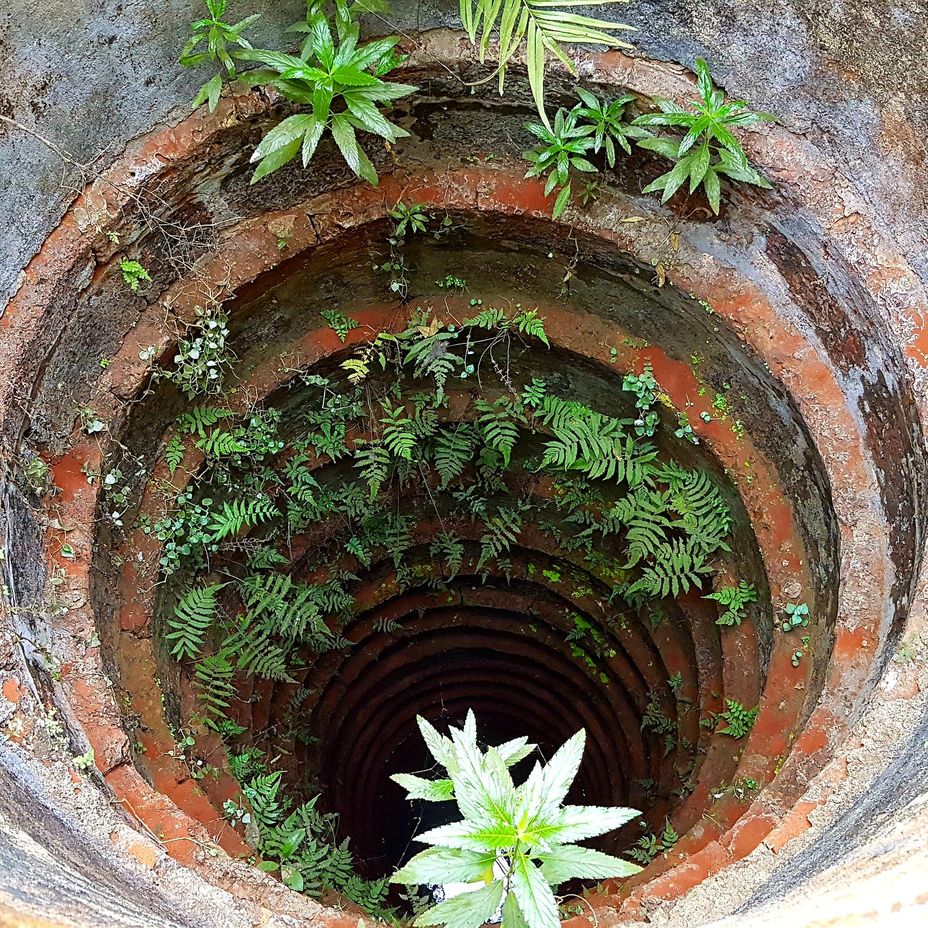Tapdancing Around Family
I grew up without that feeling of being enough, without being appreciated or loved for who I was. Nobody really cared or asked what I believed or wanted, felt or hoped for.
Being introverted and highly sensitive on top of it, it was relatively easy for me to fit into a role that was carved out for me, deemed acceptable enough by my family - luckily, I love my own company, was easy going, quiet and obedient. I was the 'good girl' who did what she was told and didn't ask or expect any different from the world around her. I didn't know that a different world was possible or how this world could look or feel like for a very long time in my life.
I knew that I had obviously failed miserably trying to be what was expected of me. At the age of 6 my mother told me that 'she should have thrown me against the wall at birth' after complaining that I hadn't done my daily chore to her liking... a vision that never quite left me all my life.
I had also failed to be loved by my father, I guess... why, as I found out much later in life, would he otherwise agree to not ever seeing me again in exchange of my mother accepting full blame for a failed marriage at the family court? Thanks goodness this is now a thing of the past.
So at the age of 8, I was dealt with like the cards on and under the table. Shuffled about to fit into their lives. Used as payback to each other and as a joker to hit the other where it could hurt the most... only it didn't do any harm to them, the joke was completely on me:
The day came when my father moved out and I had to say goodbye to my dad. I was told by my mother that my dad was moving out as he wanted to marry another woman who also had two girls from another marriage. They would now become his daughters and who he obviously loved more than his own. Any correspondence and presents for birthdays he sent to me after that disappeared before they reached me... I was told he didn't want to know me anymore.
I learned early that I had to perform to be accepted, agree with others opinions and needs, not only to be seen but also to survive. Growing older, I had no voice and didn't really know what that even meant. I was never asked about my thoughts or opinions, they didn't really matter and why would anybody be interested in them anyway!
In school one was asked for assertiveness, the need to question and discuss, but my voice remained quiet and mouse-like. Painfully dodging any way to be myself, to be in the light to shine or stand out to be who I really was. Always hiding in the shadows.
Sadly, I wasn't allowed to take the courses at school that interested me - art was not what my mother deemed acceptable, and my failure of good grades did not improve in those subjects she asked me to take, no matter how hard she tried to knock them into me during her drunken weekend sessions.
A small circle of friends, girls from my class who I could be with, talk with and be without pretence, were also not the ones she wanted for me. She put an end to that closeness by secretly asking the school to move me to another class. Apparently their bad influence stopped my achievements - it wasn't the drunken scenes, late into the night, or the sleepless nights when I huddled under the doona hoping she wouldn't come back into my room to let me know how much she had done for me and how little I did to repay her for it, all the time hoping to relax as I had studied for the test the next day but had no hope to do well after nights like these.
She didn't even have the guts to warn me about it but let me walk to school after holidays, looking forward to seeing my friends again, only to find out that I was the only one who had been moved into another class in which I didn't know a single soul.
It took a lifetime to find that voice that should have been - only now at the age ovf 60+ do I start to feel brave enough to talk about those days when I was not good enough, not loved enough, and could not find peace.
As I learned to control my outer life by being agreeable, my inner life grew, expanded, dreamt of possibilities and hated the shackles that were placed on me from little on. My voice was always in there. It was stiffled, but it was waiting to be heard. It was bent into submission, shaped into size and place to please others, no matter of the pain this caused to me.
Both my parents have since died and my sister, 7 years my senior, is no longer talking to me. As she explained to me once, that with my arrival as a baby everything became hard and difficult, everything and everyone in the family changed once I was around - happiness disappeared for her as our mother couldn't cope any longer and I was obviously the reason for that. She talked of a happy childhood, parents I don't recognise - all negative change was down to me. Hard to take, but there it is.
My repeated attempts to establish an adult relationship in the hope to work through and heal some of the wounds we undoubtedly both suffered over those fateful years, has been rejected by her and the only reason given to me was once again the pain I had enforced on her. Now by simply bringing it up and reminding her about it... I have the feeling that she cannot function without the masks.
Go where you are celebrated and accepted not just tolerated'... I believe you have to drop those masks eventually.
Much Love to you all...



